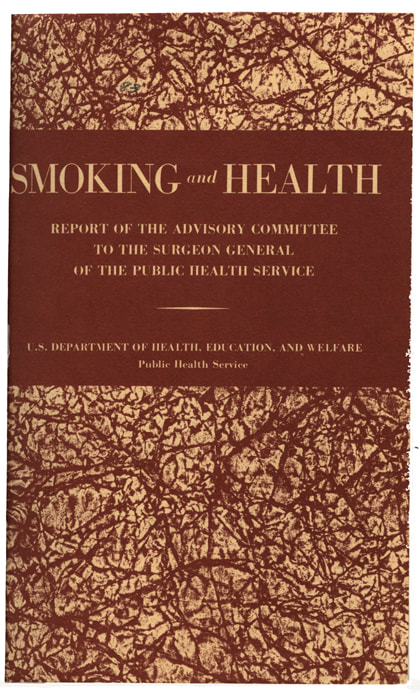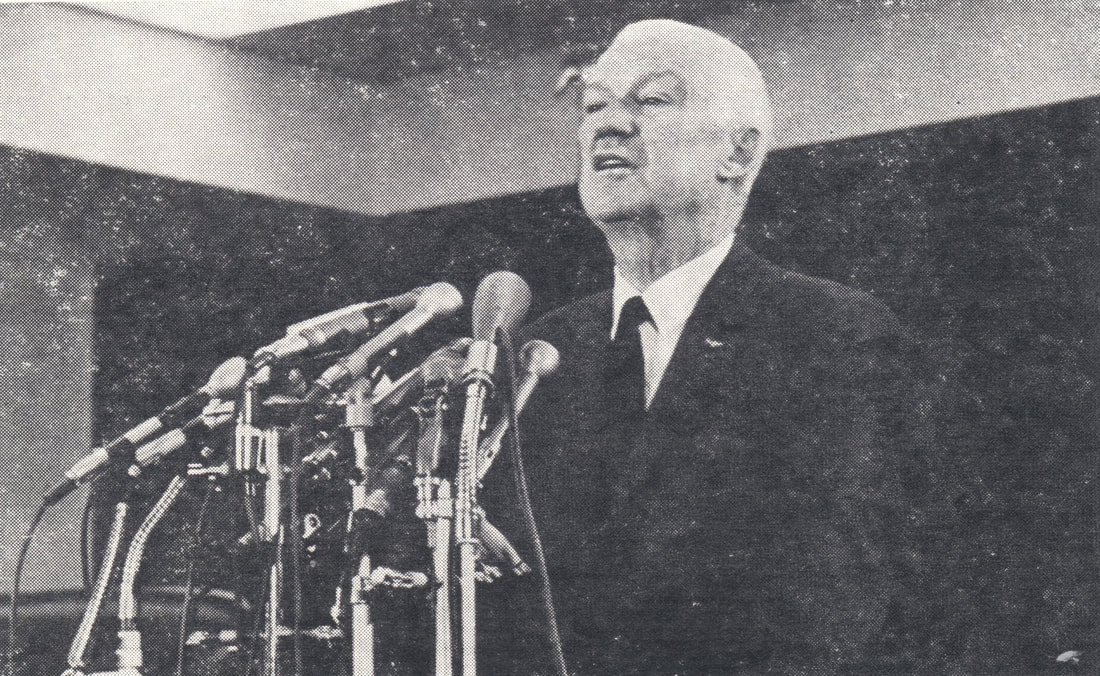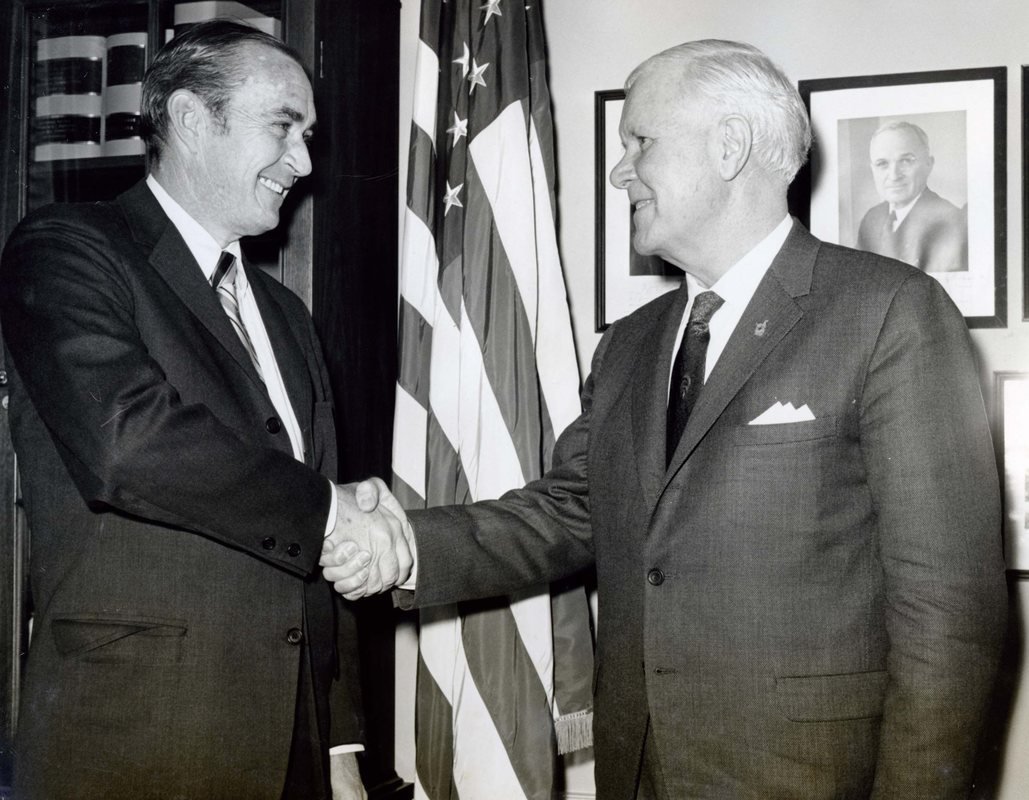Apart from the issue of public safety in regards to unregulated cigarette and tobacco product advertising, Congress and the FCC were also fighting a battle for authority over the regulation of the nation’s airwaves. Since the rise of television broadcasting in the 1950s, question of how to regulate content on the air and access to it resulted in numerous debates over legislation and policy. As Congress grappled with questions of whether broadcasters could charge for their content and whether the government should assume a regulatory role over it, the FCC’s effort to limit or even ban all cigarette advertising became one more flashpoint in this contentious debate. Congress adopted legislation in 1965 to address the cigarette advertising issue. Senate and House versions of the bills required cigarette packaging to carry warnings, though not as specific as the FCC had desired in their policy directive. The legislation also directly addressed the regulatory authority over advertising, with amendments to the House bill calling for a complete restriction of the Federal Trade Commission [FTC] from imposing any policy on cigarette advertising. With pressure from health organizations, Congress eventually decided to impose a temporary moratorium on advertising to allow for more research to be completed. The bills, reconciled in a conference committee in the early summer of 1965, were passed and signed into law on July 27 by President Lyndon Johnson as the Federal Cigarette Labeling and Advertising Act.
In January 1969, Congressman Harley O. Staggers, Chairman of the House Committee on Interstate and Foreign Commerce announced that his committee would hold hearings on the question of banning cigarette advertising on television and radio. While supportive of cracking down on the tobacco companies’ unrestricted advertising, Congressman Staggers also made clear that he viewed this issue as one for Congress, not the FCC, to address, stating that “We must bring in a bill to prevent regulatory agencies from taking over. Law making is involved and Congress has the sole responsibility to act under the Constitution.” During the spring of 1969, hearings in the commerce committee wore on as dozens of health organizations, medical researchers, and tobacco company representatives testified on their views of the proposed ban. Near the end of the spring, Congressman Staggers commented to the press that these were the longest hearings he had witnessed in nearly a decade of serving on the commerce committee. The house passed its version of the legislation in June 1969, sending the measure to the Senate. A conference committee reconciled the Senate and House versions of the legislation leading to its final passage in the spring of 1970. In its final form, the bill imposed a ban on all cigarette advertising on radio and television, mandated that tobacco companies include a warning on their packaging stating that “The Surgeon General has determined that cigarette smoking is dangerous to your health,” and prohibited states or local governments from making laws concerning cigarette advertising. The last provision of the bill addressed the regulatory authority question which had lingered with this debate over the previous six years. Regulatory agencies would have to notify congress six months in advance of imposing any new policies on cigarette advertising. Since the passage of the Public Health Cigarette Smoking Act in 1970, additional regulations have cracked down on print and billboard advertising of cigarettes.
Comments are closed.
|
Welcome to the Byrd Center Blog! We share content here including research from our archival collections, articles from our director, and information on upcoming events.
Categories
All
Archives
July 2023
|
Our Mission: |
The Byrd Center advances representative democracy by promoting a better understanding of the United States Congress and the Constitution through programs and research that engage citizens.
|
Copyright © Robert C. Byrd Center for Congressional History and Education
|




 RSS Feed
RSS Feed
